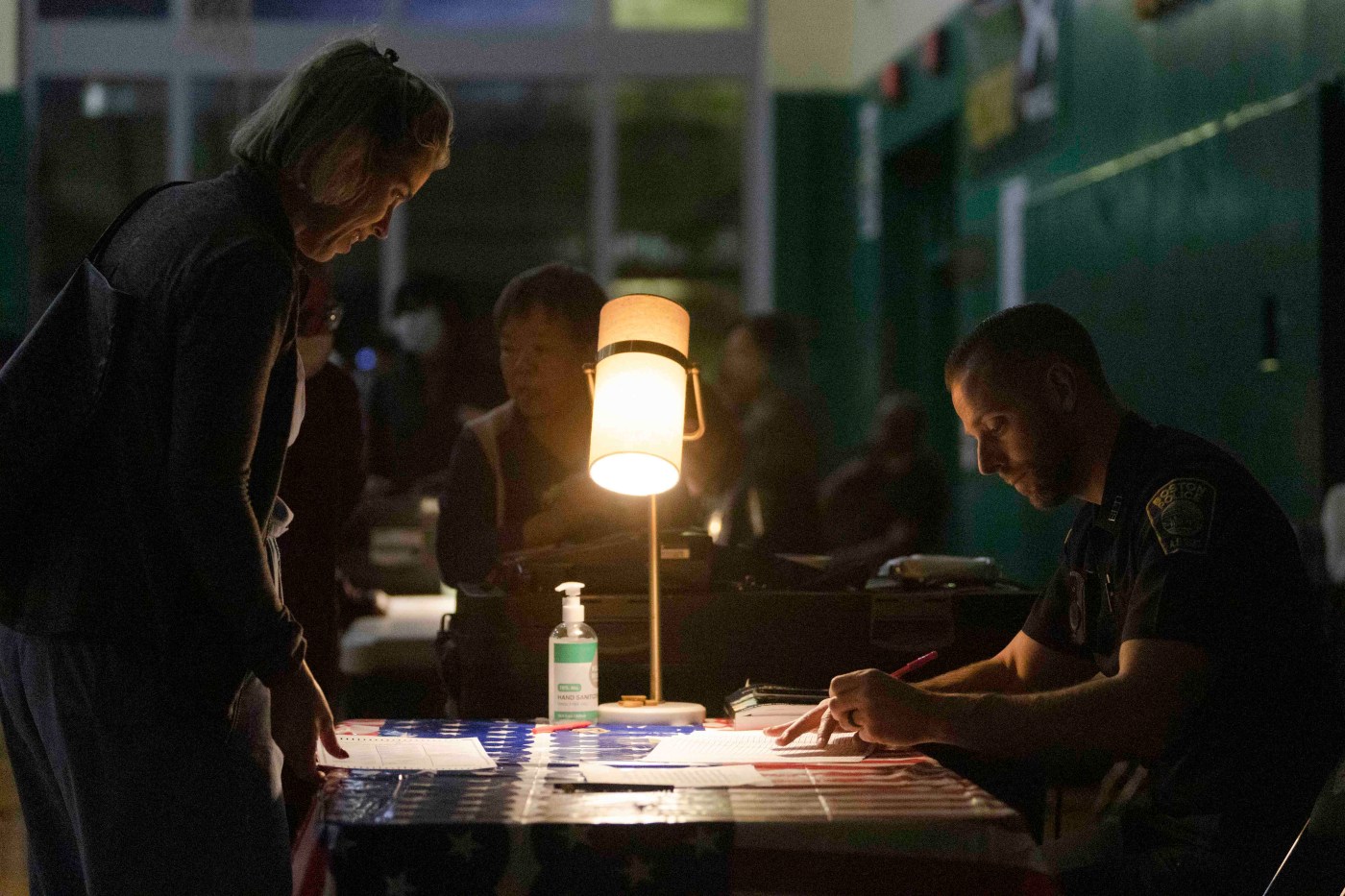
Boston City Council shoots down election receivership resolution after ballot mess: ‘Premature’
The Boston City Council shot down a measure calling for a state takeover of the Election Department after this month’s ballot mess, but one opponent made it clear his vote wasn’t a ringing endorsement for a department that “screwed up pretty bad.”
Rather, concerns around the resolution put forward by Councilors Ed Flynn and Erin Murphy on Wednesday centered around a feeling that declaring local support for a state takeover of the city’s Election Department would be “premature” — given the ongoing investigation by the Secretary of State’s office into the ballot shortages that hampered polling places throughout Boston on Election Day.
“The fact of the matter is that the Election Department screwed up pretty bad throughout the city,” Councilor John FitzGerald, who voted in opposition, said. “This is a basic service and a basic right that we want to present. We were all elected to hold our city departments accountable and that’s what we are doing.
“Just, I think, the matter of them bringing it up and having the conversation here, it certainly puts the Election Department on notice,” FitzGerald said, adding that while he chose not to support the resolution, he felt its “intent” of improving communication at the department was effectively communicated through the filing.
Flynn and Murphy’s resolution was defeated via a 7-2 vote at the Wednesday City Council meeting. Four councilors — Gabriela Coletta Zapata, Tania Fernandes Anderson, Julia Mejia and the body’s president Ruthzee Louijeune, who previously called for a hearing to probe city election officials about the mess — opted not to take a formal position on the non-binding measure by voting ‘present.’
While calling for receivership, Flynn and Murphy cited the widespread problems seen on Election Day, which led to an exasperated Secretary of State William Galvin directing Boston Police to use their lights and sirens to rush ballots to polling places that had run out.
Voters were left waiting in long lines while both city poll workers seeking relief and the Secretary of State’s office were unable to reach the city’s Election Department — communication failures that Galvin slammed as reflecting the city’s “incompetence” when announcing an investigation into the chaos the next day.
“These ballot shortages and a host of issues on Election Day demonstrated that the Election Department was unprepared during an important presidential election, and failed to perform their basic functions,” Flynn said. “While the city’s initial investigation found that there was a formula miscalculation, we simply cannot afford these mistakes.”
Flynn and Murphy, while also citing poor lighting at a South End polling station that hampered voters’ ability to see their ballots, pressed their colleagues to join them in calling for a state takeover of the Election Department — a move that was taken by Galvin after a similar ballot shortage issue in Boston in 2006.
The two councilors also sent a letter to Secretary Galvin earlier this month calling for a a state takeover. When launching his investigation, Galvin had stated that he was considering placing the Boston Election Department into receivership again.
Related Articles
Elon Musk slams Massachusetts sanctuary cities as Natick looks to join that growing group
Skeptical lawmakers grill Wu on revised tax bill
Boston’s Water and Sewer HR director in court over alleged $75K mortgage stiff
Boston Mayor Wu’s top aide has ties to private company eyed as city public transit operator
Boston Mayor Michelle Wu in a fight with incoming Trump border czar: ‘Not very smart’
While the investigation is active, however, other councilors cited hesitation with calling for what they considered to be “premature” and drastic action, prior to having a chance to ask questions at a Council hearing set for Dec. 6 on the election mishaps and get further clarity as to what state receivership would look like.
Councilor Enrique Pepén cautioned that a “state administrative takeover might actually impose bureaucratic obstacles that delay, rather than accelerate, an improvement in leadership at that department.”
At-Large Councilor Julia Mejia noted that she fought a state takeover of the Boston Public Schools, which narrowly avoided intervention two years ago, and felt that having the Council pivot immediately to receivership in this case seemed “hostile.”
“This does seem to be a bit abrupt and a bit hostile to just go straight into receivership,” Mejia said. “I just think it’s a bit premature at this point, so just a friendly recommendation for us to slow it down.”


